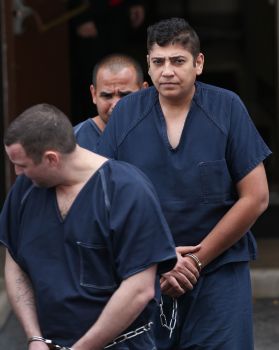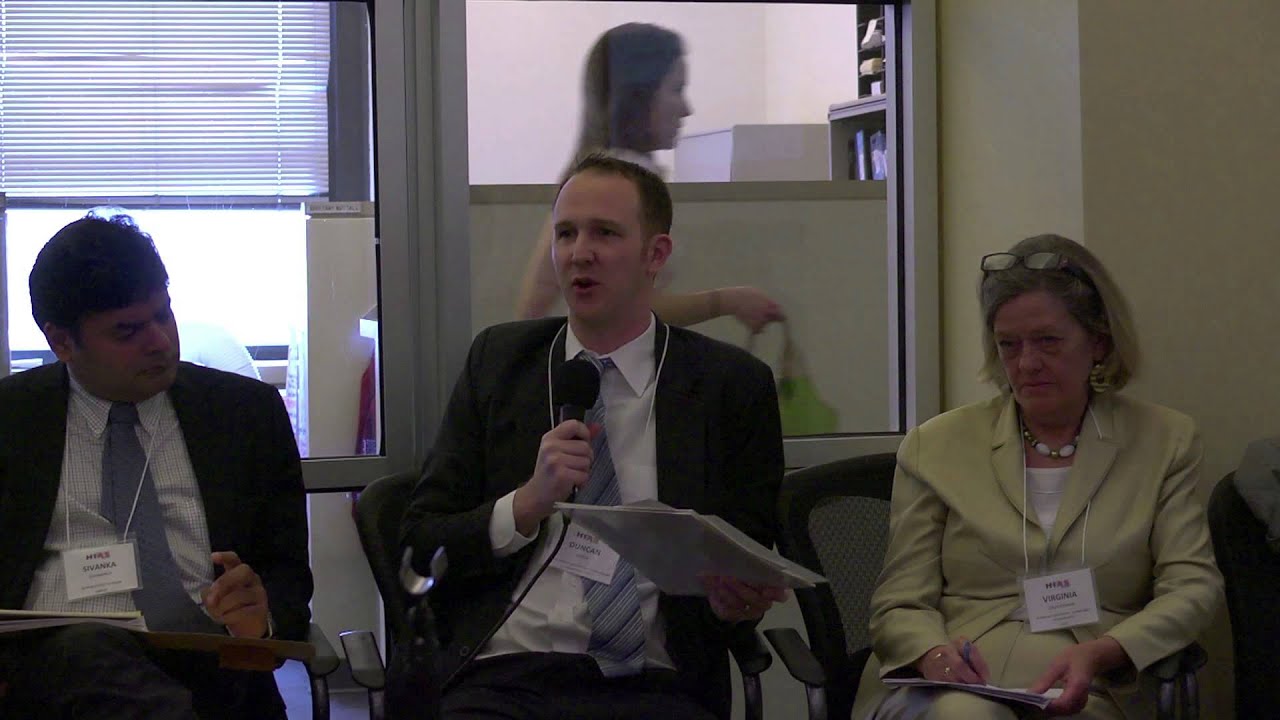I missed this story earlier this month, but reader ‘Pungentpeppers’ spotted it and alerted us to it. The original story appears in the San Antonio Express-News, but it’s not readily available. Fortunately, the blogger at ‘Limits to Growth’ posted the entire story.

And, when I say another Iraqi, I’m thinking of those two Kentucky refugees doing time for terror connections and then there is the case of the Social Security office bomber in Phoenix.
This story is especially interesting because the accused was first being investigated for fraud associated with his disability payments and lying on his refugee application, but he also works in a convenience store (what a coincidence that is) while supposedly being disabled. I wonder did authorities check to see if food stamp fraud was going on there along with the employment fraud?
Someone please let Senator Rand Paul know there is another one! Paul is the only US Senator or Member of Congress willing to ask why we are resettling so many refugees.
From San Antonio Express News via Limits to Growth:
SAN ANTONIO — On the surface, Ahmed Khudhur Tayyeh is a refugee, resettled in San Antonio in 2008 by the United Nations to help him escape persecution in his native Iraq.
The way this region’s Joint Terrorism Task Force tells it, however, the 39-year-old is suspected of having ties to Al-Qaida.
He was arrested earlier this month on an indictment charging him — not with terrorism — but with theft from the government, defrauding the Social Security Administration out of $7,995 in disability benefits and with withholding information that he had been getting a side income.
As one of nearly 200,000 Iraqi refugees approved by the U.S. government for resettlement in America since 2007, Tayyeh was given a green card, despite giving conflicting stories about how he injured his leg. In one story he allegedly said he took a hit from an improvised bomb, in another he said he was kidnapped by Iraqi police and shot in the leg. The government here gave him disability benefits because the injury supposedly prevented him from working.
Read it all. LOL! And be sure to see how he was always checking to see if he was being followed—a trained agent? or an avid fan of spy novels?
San Antonio is Catholic Charities territory!
It looks like the accused is one of Catholic Charities clients. Go here for the resettlement contractors working in Texas.
And, check out the numbers (Arrivals by Destination City by Nationality by FY as of Aug 31, 2013 ). Texas has resettled a whopping 59,632 refugees since 2001. San Antonio got 5,009 of those which included 927 Iraqis.
Apology to readers! Last week we changed our e-mail address and didn’t set it so the mail went to our private e-mail accounts. Having forgotten that, I then forgot to check the new mail box all week. If you have sent e-mails and not heard back, I apologize and will get to them over the weekend!


